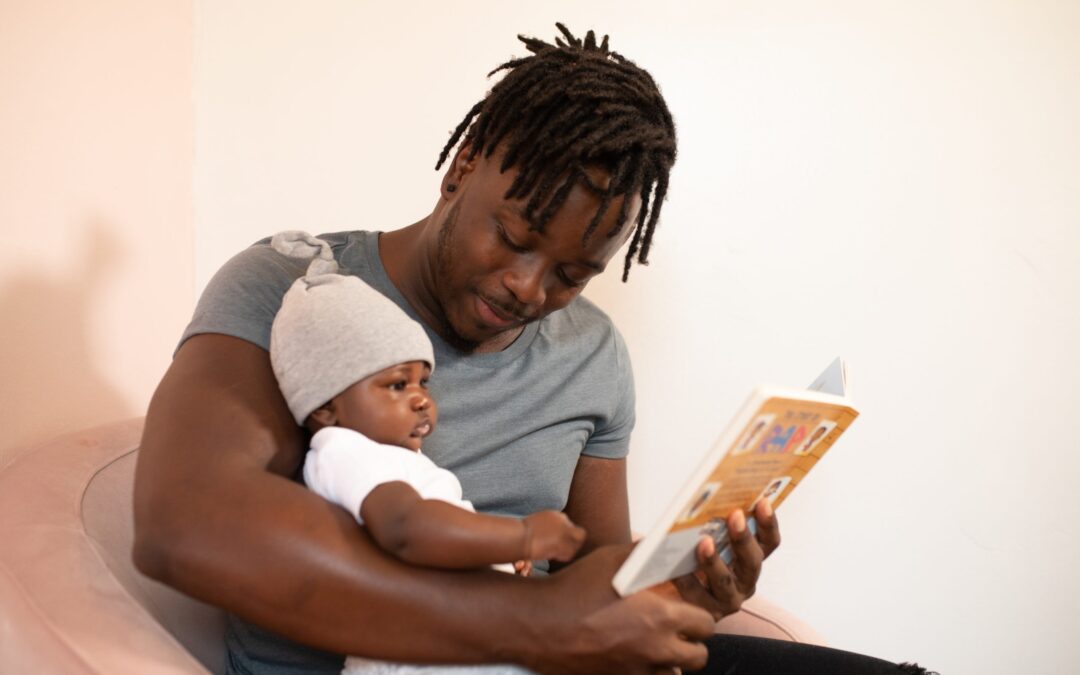If you prefer to listen to this blog, click below for the audio. Or, just read on…
When gender roles shift...
When a baby is born, on that very same day, a mother and a father is also born. And on that same day things change.
Matthew D Johnson, Professor of Psychology at Binghampton University in New York, and author of Great Myths of Intimate Relationships has studied this subject for years. He says:
“For around 30 years, researchers have studied how having children affects a marriage, and the results are conclusive: the relationship between spouses suffers once kids come along. Comparing couples with and without children, researchers found that the rate of the decline in relationship satisfaction is nearly twice as steep for couples who have children than for childless couples. In the event that a pregnancy is unplanned, the parents experience even greater negative impacts on their relationship.”
This nosedive in happy marriages is understandable when you take into consideration sleepless nights, new expectations, the demands of a new baby, and also trying to balance a job or career outside the home. Babies and Children ask a lot of our relationships and most couples regardless of gender have to participate in some kind of renegotiation of their relationship after baby arrives, which is especially difficult to do during the post-partum period (first eight weeks).
Parenting roles: the evidence vs the stereotypes
Everything to do with parenting is a learning curve for couples, and yet so much of that learning still focuses on the role of mother, leaving dad or father figure ‘on the side-lines’, feeling like parent ‘numero deux’.
Yet,
There are no biologically based differences in capacity to provide intimate care. (Parke, 2018)
There is no biologically based differences in sensitivity to infants.
(Lamb et al, 1987)
Responsiveness of parents varies depending on degree of responsibility assumed for infant-care
(Lamb and Lewis, 2010)
…or in other words we all get better with practice.
You may need to read the above again? To let it sink in, to see what resistance to this evidence may arise in your own beliefs?
Stereotypes have a lot to answer for when it comes to caring for our children and of course in the workplace where “Women are no longer seen as less competent than men, but women continue to be seen as more communal – warm, nurturing and caring – than men and, in turn, as more suitable for roles that require these attributes such as childcare,” Lamb and Lewis explain. “Men, on the other hand, continue to be seen as more agentic: decisive, assertive, competitive.”
It’s when stereotypes that are often used to help us describe and understand things become prescriptive that we face entrenched views and stuck systems.
Now of course there are many layers of this, for histories men have been viewed as providers and women as caregivers. So there is a lot of reprogramming to do. But one place that we can and must start is on engagement with paternity leave. See the excellent BBC article ‘Paternity leave: The hidden barriers keeping men at work’, as shared in our July newsletter. [1]
A move towards a more equal society
In some countries (cue the Swedes) great strides have been made in legitimising paid parental leave for both genders. Sweden offers parents 480 days of paid parental leave per child that they are entitled to share. Each parent can transfer part of their leave to the other, but 90 days have to be reserved specifically for each parent. Plus, as an incentive for fathers to take more time off, families were entitled to a monetary bonus determined by the number of days divided equally between parents.
It seems to have worked with a staggering 90% of eligible Swedish fathers taking paternity leave and therefore no surprise that Sweden is also a leader in terms of female labour market participation.
When fathers take paternity leave, they do more parenting. When they do more parenting, they get to experience competence at the job and they therefore do more; mothers feel more supported, children have better long term outcomes and hey presto we start to normalise dads taking leave.
Simply put a more equal society is supported. And that is good for everyone.
In the UK we don’t have such comprehensive legislation and our attempts of Shared Parental Leave have failed because the leave taken by the so called ‘co -parent’ is largely unpaid or underpaid. And because of the kinds of barriers that still exist in the workplace towards fathers caring responsibilities.
We need to go mainstream on supporting fathers at work, to educating fathers on the role they play in their children’s lives, to creating positive fatherhood role models and to supporting mothers to lean out.
We do all this… so please do get in touch.
If you enjoyed this article and would like to receive the next one direct to your inbox, subscribe to our newsletter here.
[1] Paternity leave: The hidden barriers keeping men at work – article by Josie Cox, bbc.com

